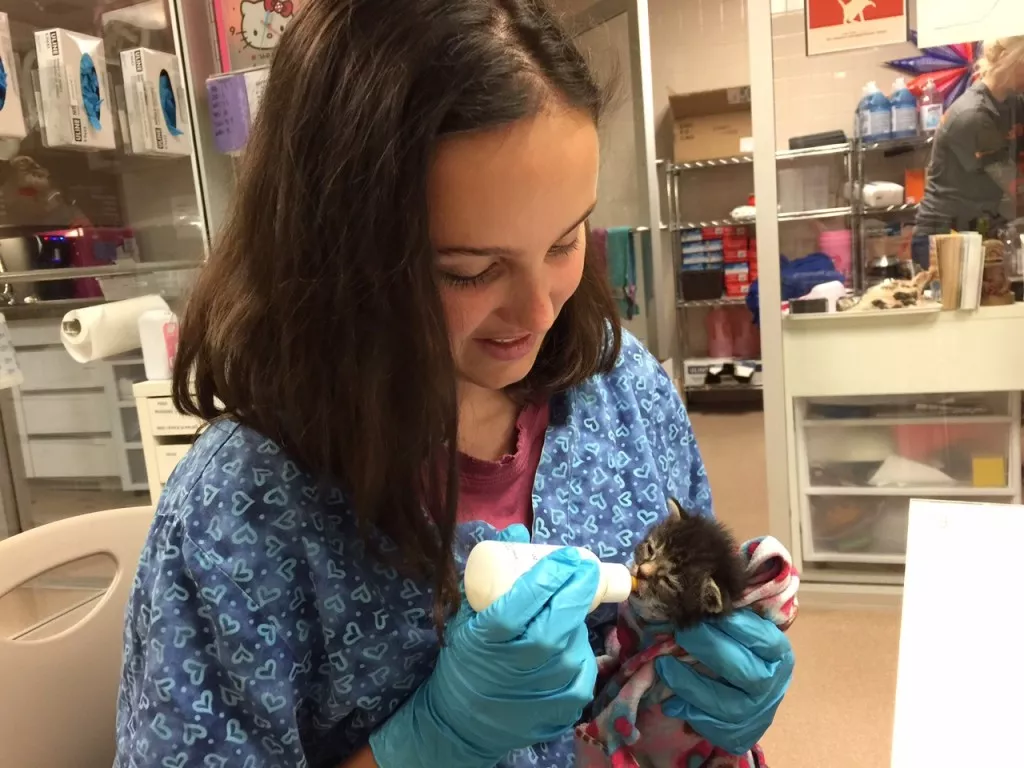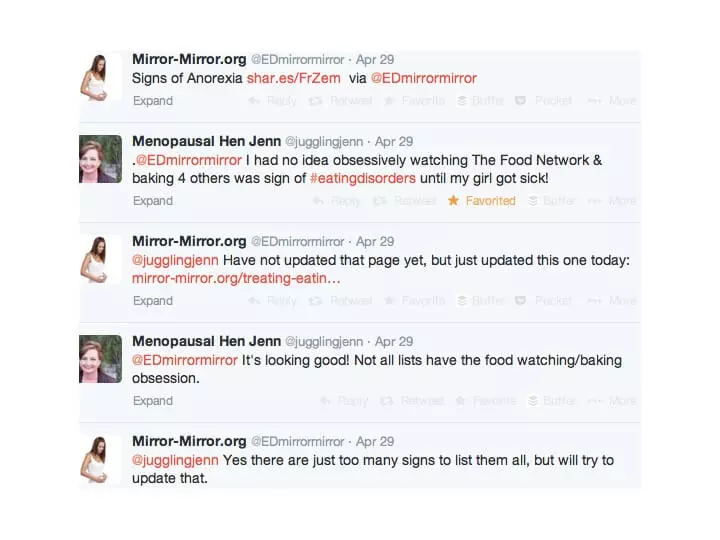FBT with Separated and Divorced Families
A common question is whether Family-Based Treatment (FBT) works with separated and divorced families. The answer is definitely yes! The treatment can be implemented in a variety of family configurations as long as at least one parent or guardian is involved in the treatment. But, there is to date, little written about this. Research does …
![Family-Based Treatment with divorced families [Image description: a black and white drawing of a family of 4 with a tear between the 2 parents] Representing a possible family seeking FBT in Los Angeles, CA](https://www.eatingdisordertherapyla.com/wp-content/uploads/2023/02/family-3090056_1920-1024x683.jpg)
![Supporting Child with Eating Disorder Over Holiday in Los Angeles, California [Image description: photo of a Black family preparing a meal together and all the family members are dressed up] represents a potential family supporting a loved one with an eating disorder during the holidays](https://www.eatingdisordertherapyla.com/wp-content/uploads/2022/11/pexels-august-de-richelieu-4262010.jpg)
![Individual therapy in FBT [Image description: photo of a teen seated and facing an adult] Represents a potential teen client in therapy for an eating disorder in Los Angeles, California](https://www.eatingdisordertherapyla.com/wp-content/uploads/2022/01/priscilla-du-preez-F9DFuJoS9EU-unsplash.jpg)
![Meal support for Eating Disorder Recovery in Los Angeles, California [Image description: 2 Asian young women eating together] Depicts a potential young adult supporting a friend in eating disorder recovery in Los Angeles, CA via meal support](https://www.eatingdisordertherapyla.com/wp-content/uploads/2020/01/My-project2.png)
![When your teen with an eating disorder is sick during recovery [Image description: drawing of a daughter in bed and appears ill and her mother is holding her head and a thermometer] Represents a parent caring for a teen with an eating disorder in Los Angeles, California](https://www.eatingdisordertherapyla.com/wp-content/uploads/2019/03/My-project4.png)


![Weight Stigm [Image description: larger black woman holding towel that says "wide load"]](https://www.eatingdisordertherapyla.com/wp-content/uploads/2014/09/2A2A7696-1.jpg)
![family at family meal in FBT [Image description: a family with their backs to us sits around a table] Represents a potential family in California receiving FBT for their teens eating disorder](https://www.eatingdisordertherapyla.com/wp-content/uploads/2014/07/DALL·E-2023-12-01-19.14.32-a-family-is-seated-around-a-brown-conference-table.-There-are-2-parents-and-2-teenagers-sitting-and-their-backs-are-to-us.-Off-to-the-side-a-therapist5.png)
